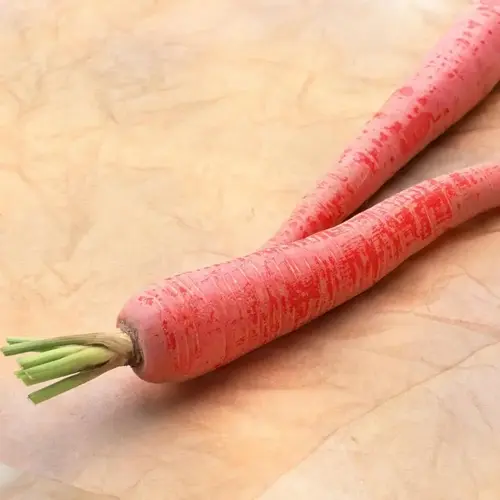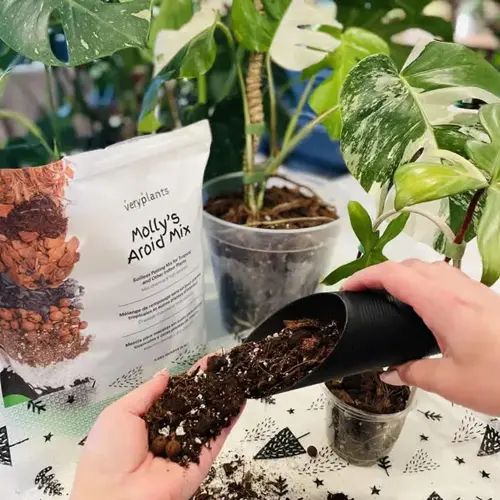What herbs should be planted alone?

Written by
Michael Sullivan
Reviewed by
Prof. Charles Hartman, Ph.D.Certain herb varieties need to be planted carefully, or distantly, to protect a beneficial garden. Certain species have strong luring tendencies, such as mint, that will take over space and nutrients if too close together. These herbs require space to be grown safely within the same ecosystem. I learned this after mint roots invaded my parsley bed overnight. Just have to give these future bullies their own space.
Root barriers are vital for containing mint. Mint rhizomes spread under the soil by three feet per season. Plant mint in bottomless containers that are sunk twelve inches deep. I use plastic buckets drilled with holes for drainage. All your other herbs will be safe from vindictive, like mint.
Container Solutions
- Use terracotta pots for Mediterranean herbs
- Plastic containers retain moisture for mints
- Elevate pots to prevent root escape
Barrier Methods
- Install root barrier fabric 18" deep
- Create gravel moats around invasive plants
- Use metal edging for contained beds
Alternative Locations
- Plant near pavement or structures
- Use decorative urns on patios
- Assign separate garden zones
Chemical warfare is what makes fennel incompatible with all the other herbs. Fennel emits a compound called anethole, which inhibits the growth of plants that grow in proximity. Ensure that fennel is at least ten feet away from all other herbs. I plant mine next to compost bins. That way, your vegetable plants are not exposed to growth inhibitors.
Seed management also keeps lemon balm in check. This herb produces thousands of seeds each growing season. The best practice is to remove flower heads before the seeds have fully developed. I perform this activity every week during the flowering season. After that, your garden won't end up with unwanted colonies of lemon balm.
Companion options replace dysfunctional companions. Rather than herbs, the compatibility of mint could be enhanced near ornamental grasses. You can also grow fennel near trees or shrubs that won't be harmed by its chemicals. Presently, my mint is bordering on becoming a decorative grass. You still have a balanced landscape component.
Regular monitoring maintains control. Check monthly for escape roots under barriers. Look for volunteer seedlings near isolated plants. I inspect my mint containers biweekly. Your vigilance prevents garden takeovers.
Read the full article: 16 Herb Companion Planting Pairs Revealed

